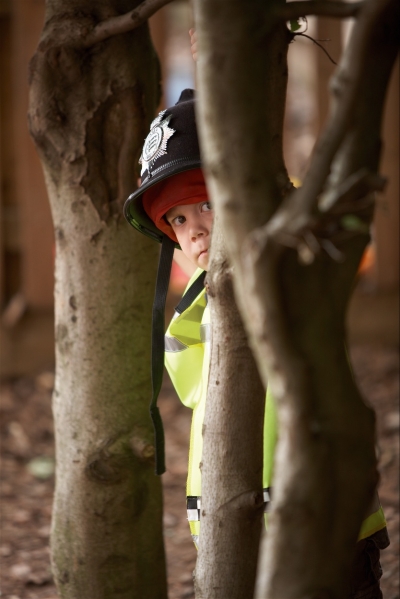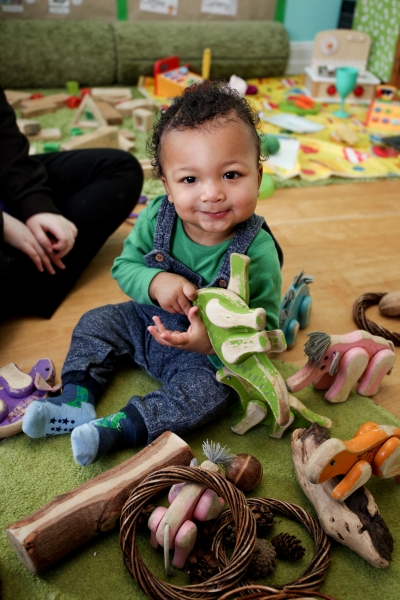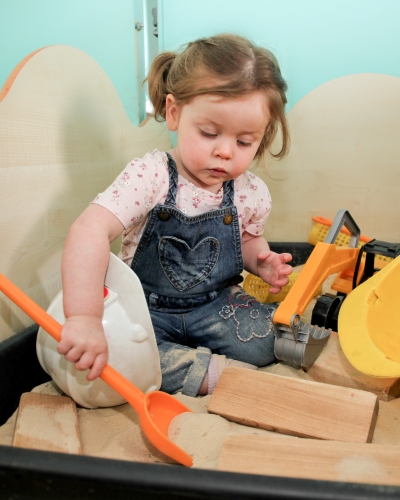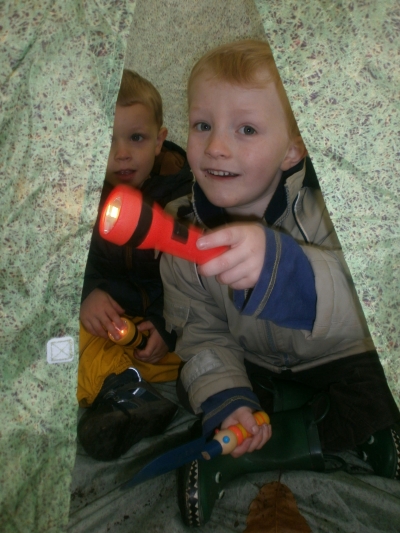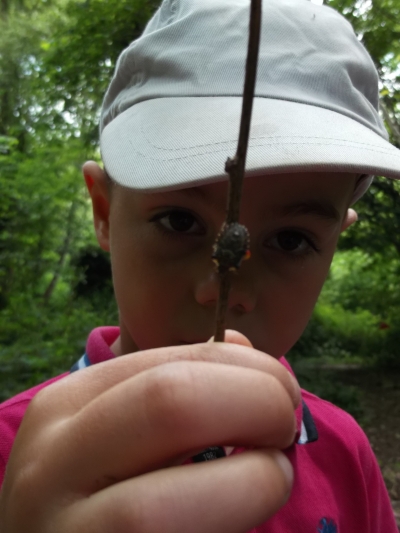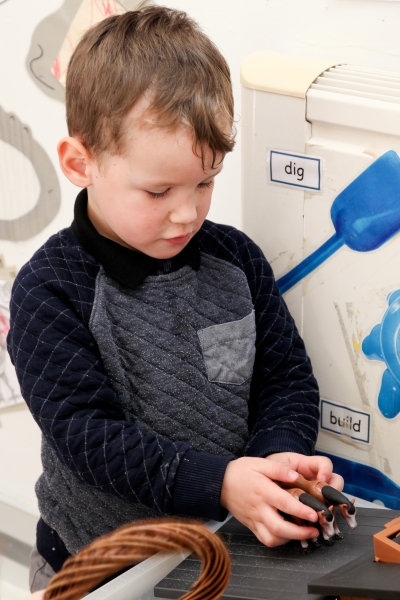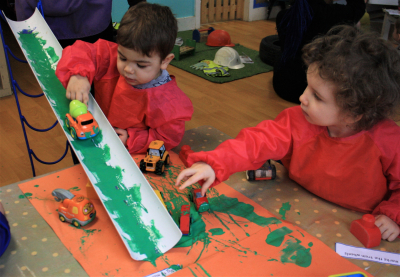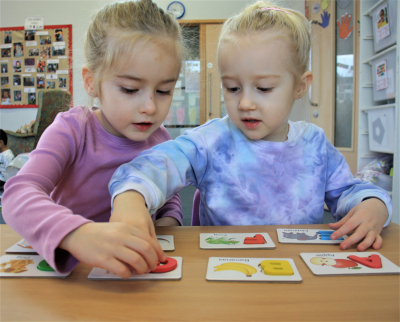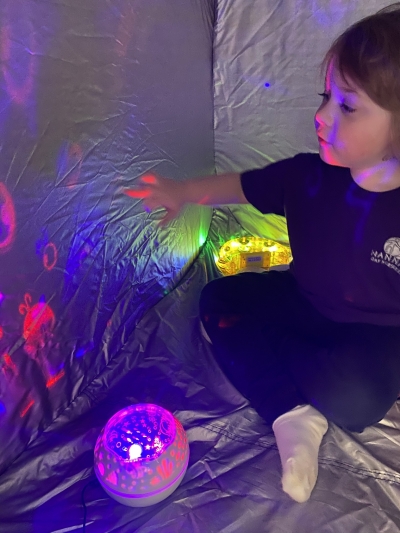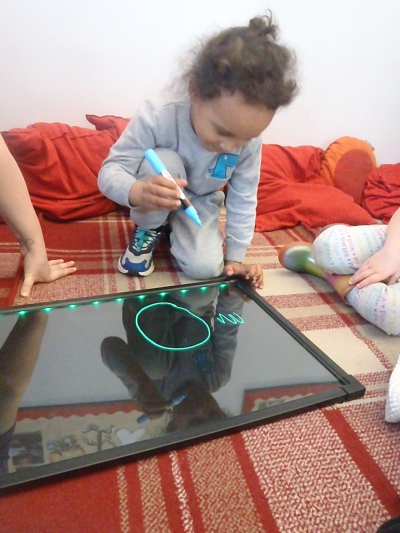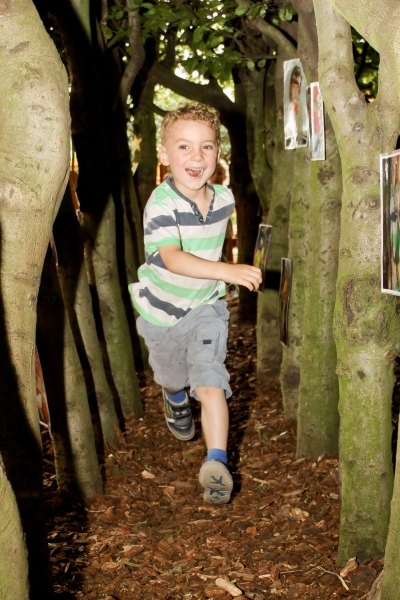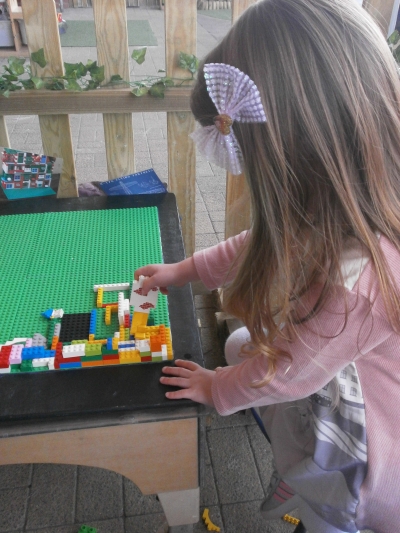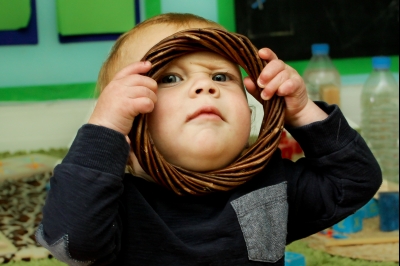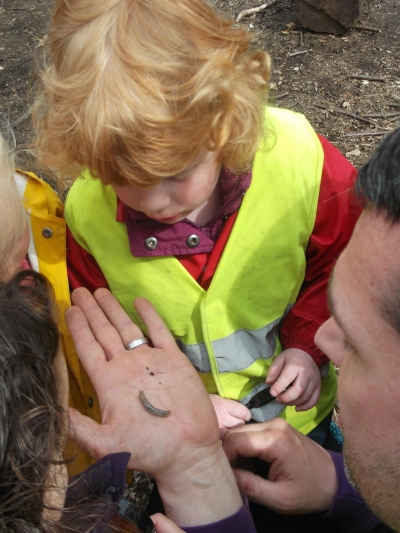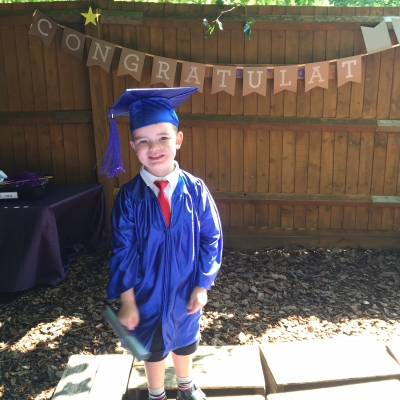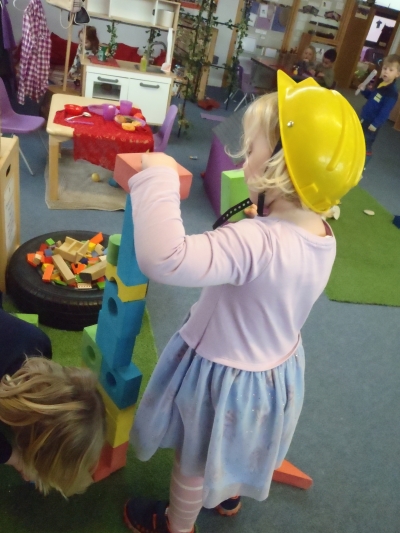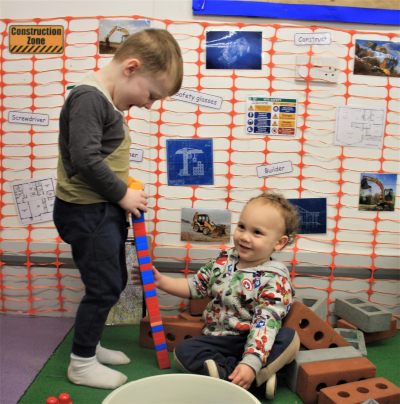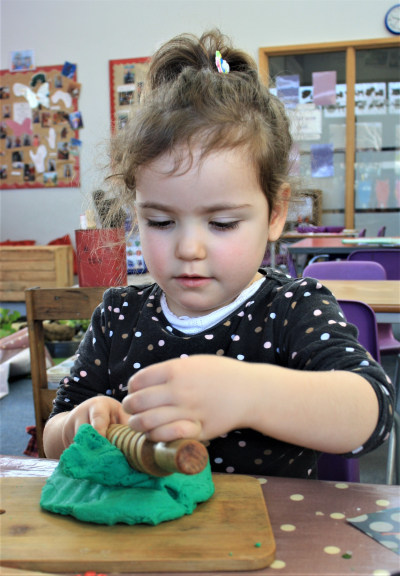Local Offers are statements of intention and a settings ability to provide children with additional help and support where identified and required.
For further information on the Essex Local Offer please visit Essex County Council: Special Educational Needs and Disabilities (SEND) | Essex Local Offer
Our Local Offer is as follows:
1. How our setting knows if young children need extra help and support:
We have a range of experienced, professional and knowledgeable staff who are well trained in observing and monitoring children’s development and recognising where children may need additional help and support. Our amazing teamwork has been recognised by Nursery Management Today magazine who awarded us with Team of the Year in 2013. Through the Key Person Approach which is imbedded in practice, children have their learning, development and progress throughout the EYFS (Early Years Foundation Stage Curriculum) regularly monitored through individual Education Programmes which are monitored and tracked by the Nursery Manager.
Children's development is tracked on Development Wheels and staff support children through play and activities to help them reach their full potential. Twice a year, children's learning and acheivements are collated into developmental reports which are shared with parents and relevant external professionals, who work together to plan for future aims. Alongside this team, each nursery has their own designated SENCO (Special Educational Needs Co-ordinator) who has personally undergone extensive additional training in all areas of additional needs and who the staff and parents can go to for advice and support.
They will work alongside the Nursery Manager, child, parents and Key Person to access the appropriate support for the child and family and put plans in place to support the child whilst at nursery, for example in the form of One Plans, focusing on outcomes and child centred planning which is regularly reviewed and updated as required.
2. What parents/carers should do if they think their child may have SEND (Special Educational Needs and Disabilities)?
If parents think their child may have SEND, the first thing they should do is speak to their child’s Key Person. They will in turn inform the Nursery Manager and SENCO and a meeting will be arranged to determine the next course of action. This normally occurs in the form of focused observations on a particular area of concern, for example speech development. Agreement will be reached to access additional external support if the initial plans put in place by the nursery fail to show any improvement.
3. How our setting supports young children with SEND and how our setting organises resources to meet the needs of young children with SEND:
Every young child is treated as an individual at Nannas Day Nurseries. Children with SEND will be supported by their Key Person at the setting alongside the Nursery SENCO. They will have targeted support for the area of need and all staff working with the child will be made aware of this. Observations and activities during the day will focus on the development of the specific area, e.g. speech.
Various support methods and resources will be put in place from visual aids, to PECS (Picture Exchange System), to ‘first and then’ boards, dependent upon the individual child. Where appropriate the setting will access additional support from external professionals and experts who can access further help for the child and the family, outside of the nursery. The nursery may also be able to apply for additional grants and funding to support the child whilst in our care, for example by providing specialist resources and equipment, to providing targeted intensive support with a one to one staff member.
The setting will work alongside the family and gain advice and support from their area SENCO where needed. Any additional resources are identified in the long term plans and business plans of the company to ensure that they are used and allocated accordingly.
4. How our setting creates learning and development opportunities for individual children with SEND:
At Nannas Day Nurseries, the learning environment is accessible for all and easily adaptable. Learning is on an individual basis, with individual Education Programmes carried out by the child’s Key Person who personally monitors the child’s development and plans for their next steps accordingly. They are well trained in identifying where children may need additional support and know how and where to access this.
Nannas Day Nurseries believes in creating natural play environments which enable and encourage children to develop and thrive. As a result, natural resources are used throughout – the baby room being entirely of natural materials, and the rest of the nursery incorporating this into their daily play and learning. Sand, water, play-dough and mark making are always available in and out doors in addition to other toys and equipment, providing a sensory rich environment to promote all 7 senses. This is even more crucial for children with additional needs.
With easy access around the nursery via wide doors, slopes, low level storage and accessible toilets, the nursery provides access to development opportunities for all. Additional risk assessments are carried out on all children for all areas within the nursery that they access taking into account their additional need/disability.
5. How our setting works in partnership with parents/carers:
Through the Key Person Approach Nannas Day Nurseries works tirelessly to promote and develop our parent partnerships. Nannas Day Nurseries recognises that parents/carers are a child’s first educator and believes that working in partnership with parents is of major value and importance to the nursery in enabling it to provide a happy, caring and stable environment for them and their children.
The nursery aims to form good relationships with parents/carers and ensure that they are active participants in the organisation of each nursery. We believe the better our relationships with parents/carers, the easier information regarding their children (developmental, social or health related) can be exchanged comfortably between them and the nursery staff. We will strive to achieve a strong and equal working partnership with parents by:
- Ensuring that Key Persons are available for regular discussions about children’s development and progress, in the form of parent evenings and Key Person appointments.
- Making every effort to ensure that information for parents/carers is made accessible to them.
- Ensuring that parents/carers have the opportunity to participate in the EYFS and their child’s individual learning and development through their Education Programmes and home links (recorded in their Child Profiles).
- Ensuring that parents/carers permission is gained and they are worked with to complete a SFA (Shared Family Assessment) form on their child, should they require additional support.
- We believe that the child’s named Key Person is central to every exchange of information. Parents are welcomed into the nursery to discuss their child’s progress and welfare with the Key Person and are urged to share any relevant information about changes to their child’s normal routine or family life.
- We encourage parents to first discuss any concerns or issues about their child with their Key Person.


